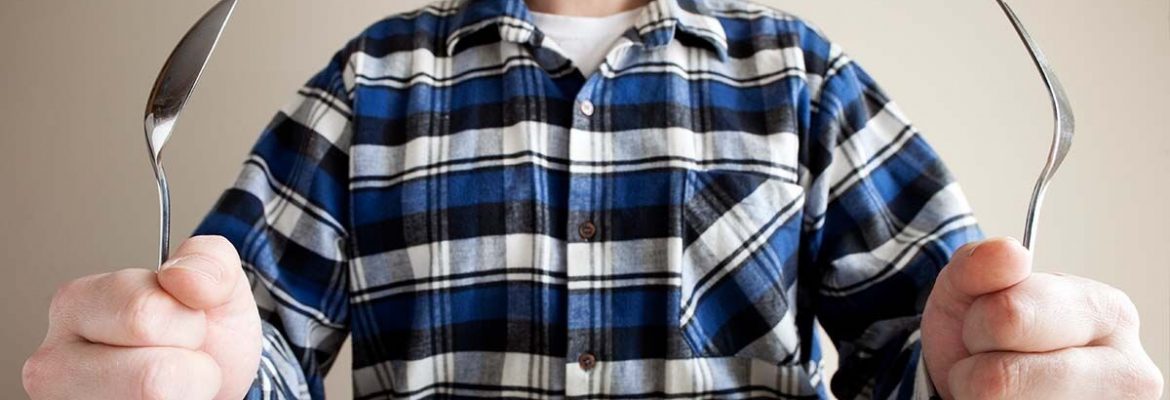Heart attack survivors admit eating the same meal hours before
What's the difference between a heart attack and cardiac arrest?
We use your sign-up to provide content in ways you’ve consented to and to improve our understanding of you. This may include adverts from us and 3rd parties based on our understanding. You can unsubscribe at any time. More info
The concept of moderation often goes out the window around Christmas time – especially when it comes to your dinner. But experts have warned people to think twice before overindulging on food. Heavy meals, they suggest, are “taxing on the heart” and can increase your risk of a heart attack.
The number of heart attacks tends to bump up around Christmas time, past research has found.
The reason for this is likely partly down to the cold weather, a drop in exercising, and emotional stress – all of which are known to increase heart attack risk.
But experts also explain that overeating is likely to be a factor as well. One past study found that people who eat unusually heavy meals are four times more likely to have a heart attack within two hours of eating.
As part of the study, doctors in New Orleans asked 1,986 myocardial infarction sufferers about the meals they ate before their ordeals.

Out of these, 158 admitted eating a “heavy meal” within 26 hours of the heart attack and 25 had eaten a big meal two hours before the attack.
A heart attack is when the blood flow to your heart is suddenly blocked. This is usually because of the buildup of fatty deposits on the walls of your arteries. But eating heavy meals may exacerbate this problem.
Doctor Allison Zielinski of Northwestern Medical Group recently said: “Fatty meals are particularly taxing on the heart. In addition to contributing to higher cholesterol levels, unusually heavy meals may increase your risk of heart attack, possibly due to changes in blood flow and increases in heart rate and blood pressure after eating.
“If you have heart disease, limit foods that are high in fat and carbohydrates, particularly at a big meal, a celebration with lots of food, or when dining out at your favorite restaurant.”
She also explained that a bloated stomach can cause you to have a faster and irregular heart rhythm. Known as an arrhythmia, this change in heart rhythm can also create a heart attack or heart failure.
Another doctor explained that when you eat, your body diverts blood from your heart to your digestive system.
UCI Health cardiologist Dr. Shaista Malik said: “In people who already have blockage in heart arteries, any shunting of blood away from the heart can result in angina, or chest pain.”
There are other factors at Christmas that you need to be considerate of, including excessive alcohol consumption.

Doctor Malik said: “Alcohol can be toxic to the heart — it can weaken the heart muscle. And it, too, can predispose a person to arrhythmias like atrial fibrillation.”
The signs that you’re being struck by a heart attack include discomfort in your chest that “happens suddenly” and “doesn’t go away”, explains the British Heart Foundation.
They also include experiencing pain that spreads down your arms, or to your neck, jaw, back or stomach.
The charity explains that it could feel like heaviness or a burning pain like indigestion.

You may also feel sick, get sweaty and become light-hearted or short of breath.
If you think you or someone else is having a heart attack, call 999 and ask for an ambulance.
The NHS warns that a lack of blood to the heart can seriously damage the heart muscle and be life-threatening.
Source: Read Full Article
